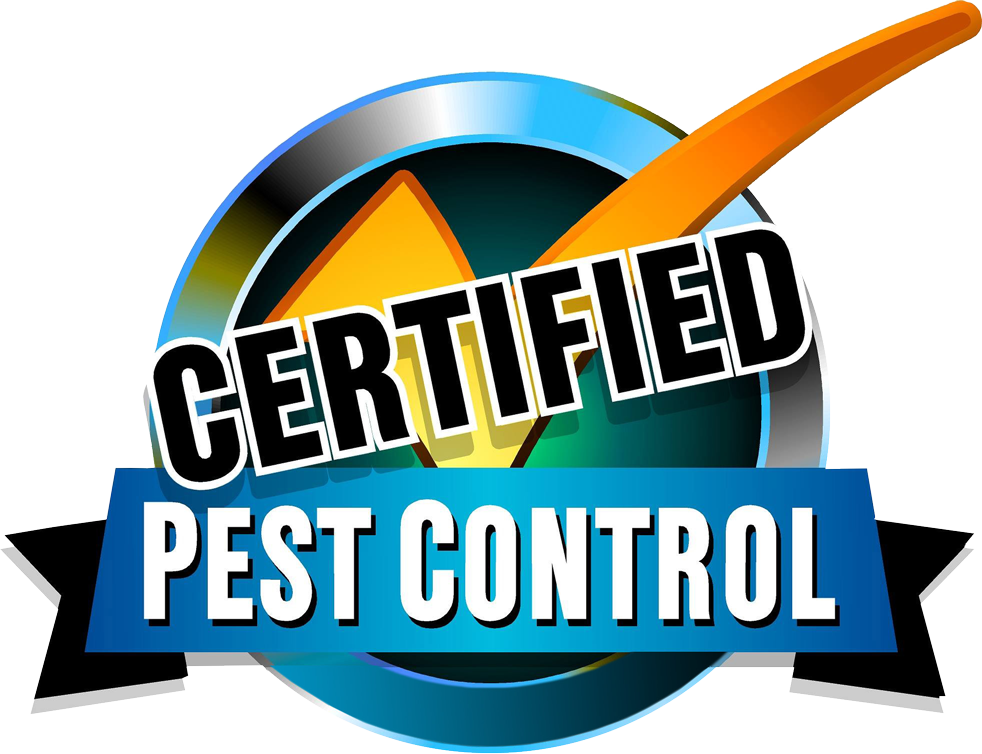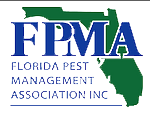Southwest Florida, with its unique ecosystem and diverse agricultural landscapes, is taking bold strides towards sustainable pest management. As the region grapples with the delicate balance of preserving its natural beauty while sustaining agricultural productivity, sustainable pest management emerges not just as a necessity but as a way of life. Discover how this shift is making waves in both fields and residential spaces, ensuring a healthier, more environmentally conscious future.
The Importance of Sustainable Pest Management in Southwest Florida
The unique climatic conditions of Southwest Florida create an environment where pests can thrive, posing significant challenges to agricultural productivity and environmental integrity. Sustainable pest management (SPM) stands out as a critical approach to addressing these challenges. By focusing on eco-friendly and long-term pest control methods, SPM supports the region’s agriculture and safeguards its ecosystems. This essential balance promotes biodiversity and mitigates adverse ecological impacts, demonstrating SPM’s pivotal role in Southwest Florida’s sustainability aspirations.
Emphasizing the reduction of chemical usage in pest control, sustainable pest management approaches in Southwest Florida not only curtail the risk of pesticide resistance in pests but also protect pollinators and other non-target species. This approach aligns with global sustainability goals, positioning the region as a leader in environmentally conscious agricultural practices. Farmers and environmentalists alike advocate for integrated pest management (IP share the goal of preserving Southwest Florida’s natural charm for future generations.
Understanding the Principles of Sustainable Pest Management
Sustainable pest management is grounded in the principle of minimizing environmental impact while effectively controlling pest populations. This entails a combination of biological, cultural, mechanical, and chemical tactics, designed to be economically feasible and ecologically sound. By understanding pest biology and the ecosystem, practitioners can devise strategies that are less reliant on chemical interventions and more focused on long-term prevention. Embracing these principles, Southwest Florida’s agricultural and residential communities are turning towards practices that promote soil health, biodiversity, and reduced chemical dependence.
One core principle of sustainable pest management is the integration of pest control methods that work in harmony with nature. This includes the use of beneficial insects or natural predators to manage harmful pest populations, a strategy that has been increasingly adopted in Southwest Florida. By fostering an environment where natural pest control agents thrive, the need for chemical pesticides is significantly reduced, leading to more resilient and healthy ecosystems.
Challenges and Solutions in Implementing Sustainable Practices
Implementing sustainable pest management in Southwest Florida comes with its set of challenges, from the initial costs of transitioning to new methods to the need for extensive education among farmers and homeowners. However, innovative solutions are emerging. Partnerships between agricultural extensions, nonprofits, and local governments are providing the necessary training and resources. Additionally, advancements in technology, like drone surveillance and biological pesticides, are making sustainable methods more accessible and effective. Through community engagement and continued investment in research, Southwest Florida is overcoming these hurdles, one step at a time.
Case Studies: Successful Sustainable Pest Management in Agriculture
Several case studies highlight the success of sustainable pest management in Southwest Florida’s agricultural sector. For instance, a local citrus farm significantly reduced its chemical pesticide usage by integrating biological control agents and implementing crop rotation and polyculture. These practices not only controlled pest populations effectively but also led to an increase in crop yield and quality. Another example involves a vegetable farm that adopted a soil health management plan, resulting in reduced pest invasions and a noticeable improvement in vegetable resilience against diseases. These success stories exemplify how sustainable practices can result in tangible benefits for both the environment and the economy.
Integrating Sustainable Pest Management into Residential Areas
Adoption of sustainable pest management practices extends beyond farms and fields, reaching into the backyards and gardens of Southwest Florida’s residential areas. Homeowners are increasingly seeking out organic pest control solutions, favoring methods that are safe for children, pets, and wildlife. Local workshops and community programs are instrumental in educating residents about the benefits of companion planting, natural repellents, and manual pest removal techniques. These efforts contribute to a broader awareness and acceptance of sustainable practices within the community, fostering a culture of environmental stewardship and holistic living.
Future Directions for Sustainable Pest Management in the Region
As Southwest Florida continues to embrace and expand its sustainable pest management practices, the future looks promising. Ongoing research and technological innovations are poised to enhance the efficacy and reach of SPM methods. Moreover, a growing commitment to sustainable living among individuals and institutions alike bodes well for the region’s environmental and agricultural future. By continuing to educate, innovate, and collaborate, Southwest Florida can serve as a model for sustainable pest management practices worldwide, ensuring the health and vitality of its ecosystems for generations to come.
A Sustainable Future Ahead
As we explore the myriad ways that sustainable pest management practices are being embraced across Southwest Florida, it’s evident that the path towards a more sustainable future is not only desirable but attainable. By leveraging innovative techniques, community engagement, and ongoing education, the region is setting a benchmark for others to follow. Embracing these practices not only preserves the natural ecosystem but also supports agricultural success and healthier living environments, making sustainable pest management a cornerstone for a thriving future.



